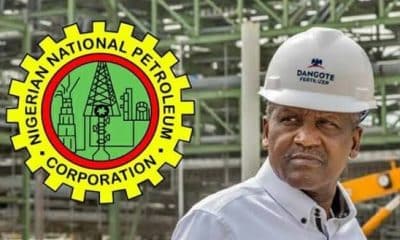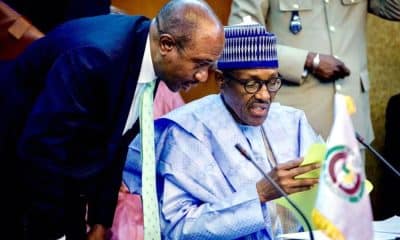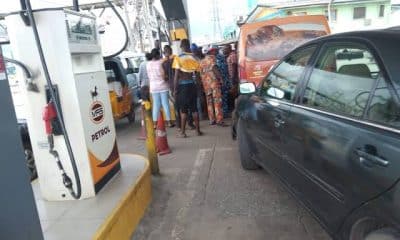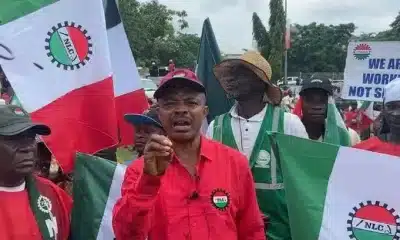Business
Labour To Tinubu: Reverse Naira Floating, Electricity Tariff/Petrol Price Increase
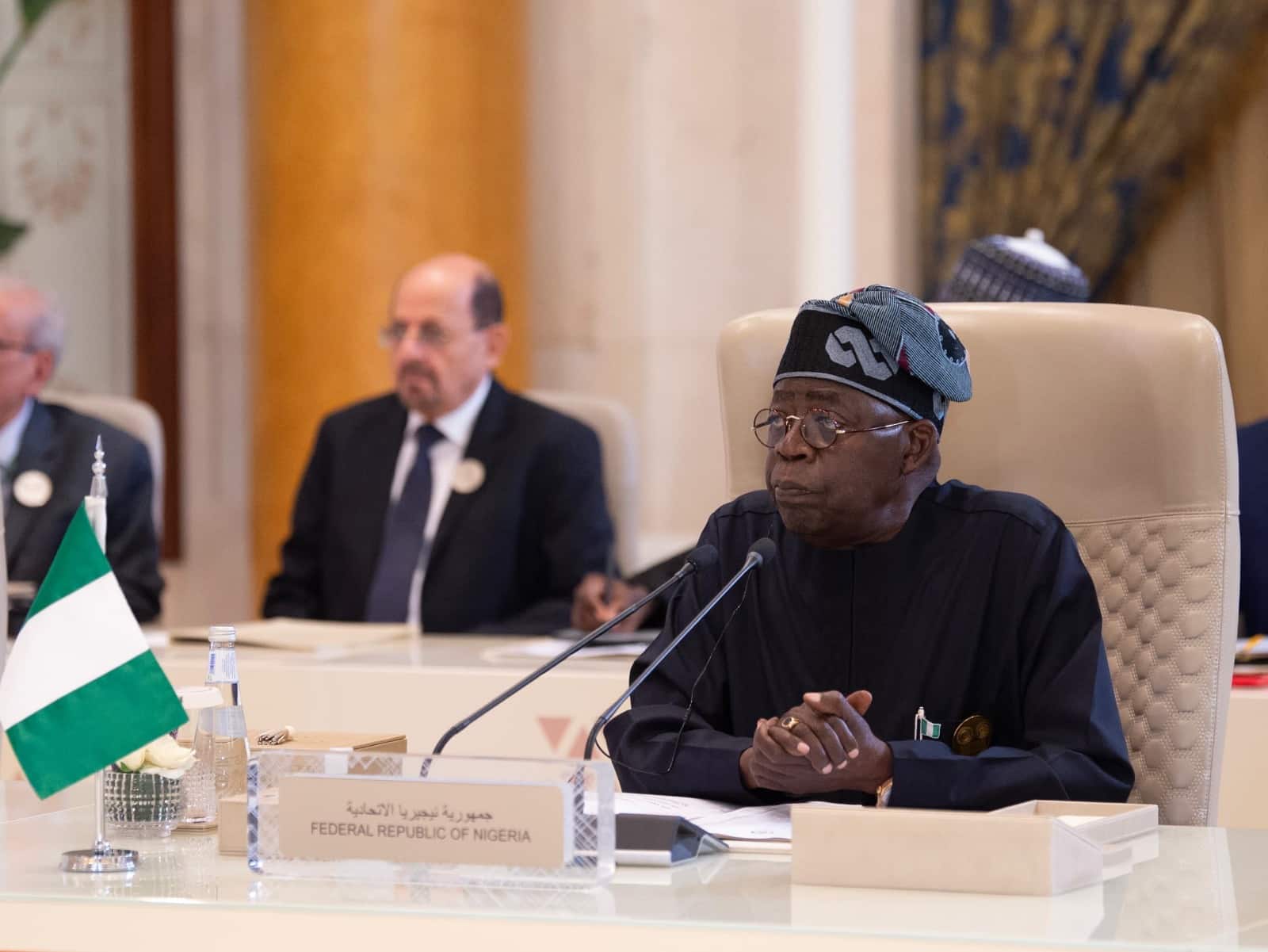
Organised Labour has called on President Bola Ahmed Tinubu to reverse policies on the floating of the national currency and rising energy costs, citing the need to reduce the economic hardship faced by Nigerians and businesses.
Naija News reports that the appeal was made in Ibadan, Oyo State, during the 6th Quadrennial and 13th National Delegates Conference of the National Union of Shop and Distributive Employees (NUSDE).
Speaking at the event, NUSDE President, Aminu Megbontowon, highlighted the significant challenges posed by the current economic policies.
“Nigerian workers and businesses are experiencing tough times due to some of the policies implemented by this government. The high cost of energy has severely impacted production, services, and workers’ welfare,” he stated.
Megbontowon criticized the soaring prices of petroleum products, which now exceed N1,000 per liter, and the increased electricity tariffs, which have risen from N68 to N227.
He emphasized that these costs are unsustainable for an oil-producing nation like Nigeria, especially when the purchasing power of its citizens remains alarmingly low.
He warned that the rising costs of production and living are driving many Nigerians into poverty, resulting in widespread job losses and the collapse of numerous businesses.
“Many factories are unable to sell their products, leading to redundancies and closures. This has a direct impact on our membership as workers lose their jobs daily,” he added.
The NUSDE President called for urgent government intervention, including the reversal of deregulation policies and the reduction of energy costs.
He also urged the President to end the devaluation and floating of the Naira, which has made imported goods and raw materials unaffordable.
“Nigeria’s economy needs cheaper energy, single-digit interest rates, and basic infrastructure to support production and services industries. The government must also embark on an ambitious industrialization plan to grow the economy,” he said.
Other demands include drastic cuts in electricity and petroleum product prices, affordable lending rates, and massive investments in infrastructure such as roads, refineries, schools, and hospitals to boost economic productivity and improve the quality of life for Nigerians.
Organised Labour has warned that failure to address these pressing issues could lead to further economic deterioration and increased hardship across the nation.



